News

Jun 30, 2021
Claude dePamphilis named Huck Chair in Plant Biology and Evolutionary Genomics
Claude dePamphilis, Penn State Professor of Biology, has been named the Dorothy Foehr Huck and J. Lloyd Huck Distinguished Chair in Plant Biology and Evolutionary Genomics by the Huck Institutes of the Life Sciences.
Full Article
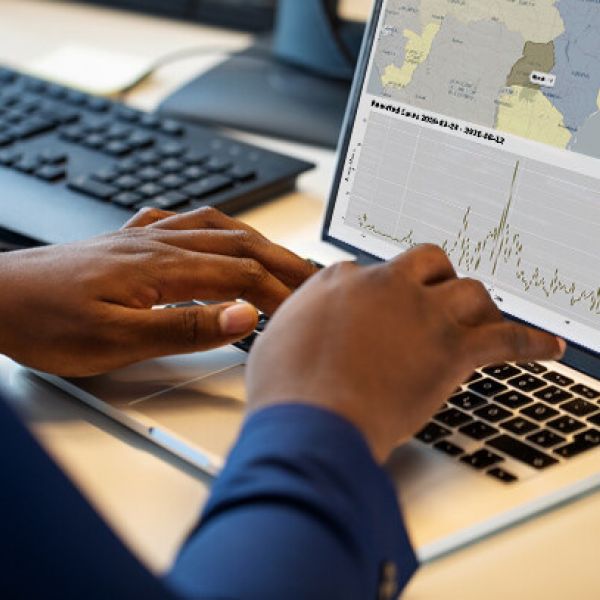
Jun 29, 2021
International team develops predictive tool to help mitigate COVID-19 in Africa
The virus that gives rise to COVID-19 is the third coronavirus to threaten humanity in the past two decades. It also happens to move more efficiently from person to person than either SARS or MERS did. An international collaboration led by Penn State developed a surveillance modeling tool that provides a weekly projection of expected COVID-19 cases in all African countries, based on publicly available information.
Full Article

Jun 29, 2021
David Hughes named Chair in Global Food Security
David Hughes, professor of entomology and biology in Penn State’s College of Agricultural Sciences and creator of PlantVillage, a knowledge platform that helps farmers combat pests and adapt to climate change, has been named the Dorothy Foehr Huck and J. Lloyd Huck Chair in Global Food Security in the University’s Huck Institutes of the Life Sciences.
Full Article
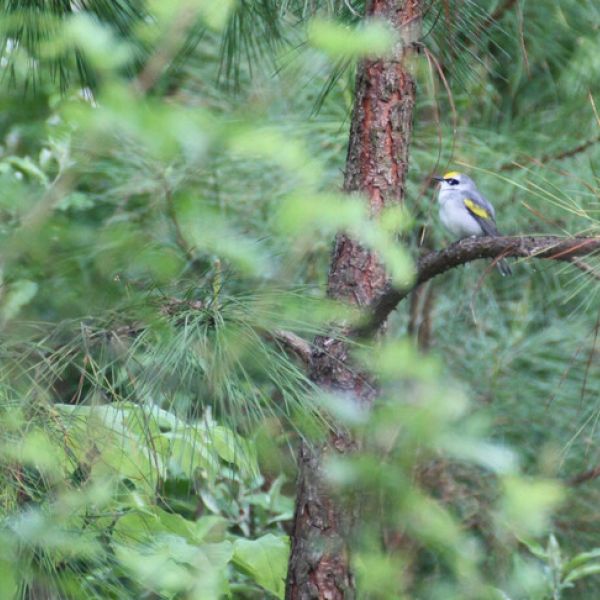
Jun 28, 2021
Weird warbler reveals genetics of its mismatched colors
An incredibly rare hybrid warbler with mismatched color patterns has allowed researchers to disentangle the genetic drivers of two traits that usually come as a package deal — the black face mask and the black throat patch in blue-winged and golden-winged warblers.
Full Article
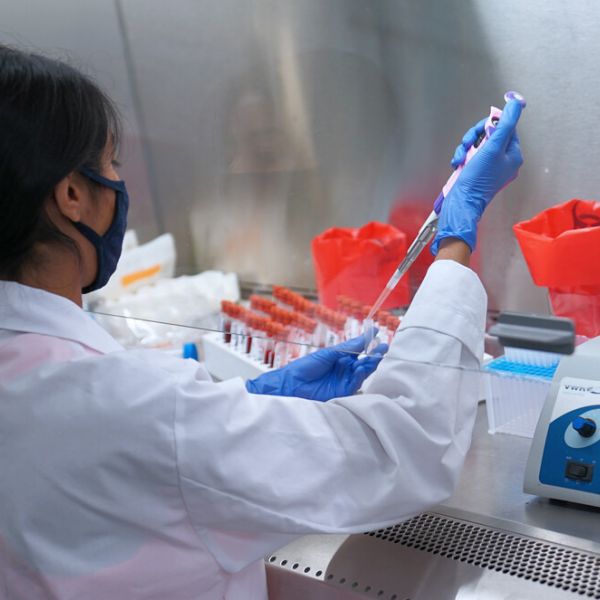
Jun 23, 2021
Behavior limits COVID-19 spread between University and community
When universities across the U.S. opted to return students to campus for in-person learning during the coronavirus pandemic in the fall of 2020, surrounding communities were understandably concerned that COVID-19 infections rates would significantly increase. In response, several Penn State researchers formed the Centre County COVID-19 Data 4 Action Project (D4A) to conduct anonymous surveys and biological testing for nonstudent residents and Penn State students to document the social and economic impacts of the pandemic in one community.
Full Article
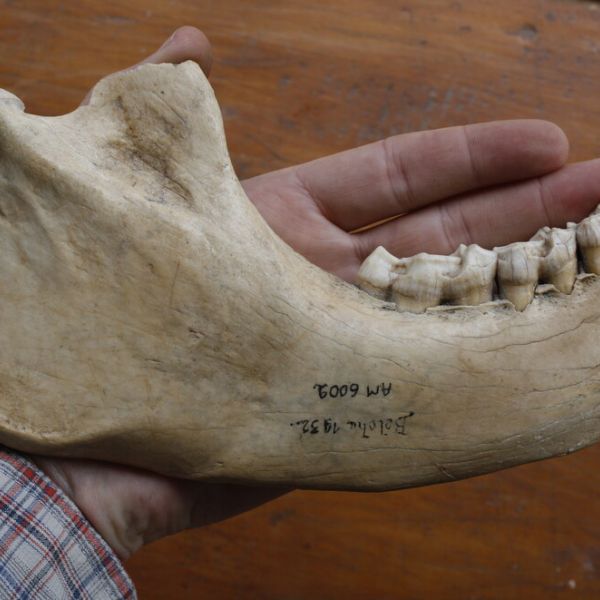
Jun 22, 2021
Newly sequenced genome of extinct giant lemur sheds light on animal's biology
Using an unusually well-preserved subfossil jawbone, a team of researchers — led by Penn State and with a multi-national team of collaborators including scientists from the Université d’Antananarivo in Madagascar — has sequenced for the first time the nuclear genome of the koala lemur (Megaladapis edwardsi), one of the largest of the 17 or so giant lemur species that went extinct on the island of Madagascar between about 500 and 2,000 years ago.
Full Article

Jun 16, 2021
Improving heart health for older women
Heart attacks are the leading cause of death among postmenopausal women. New funding from the National Institute on Aging will enable Penn State researchers to explore the links between tiny receptors in our immune systems called inflammasomes and how/when cells die. These links may enable researchers to develop new therapies to treat and prevent heart disease in older women.
Full Article
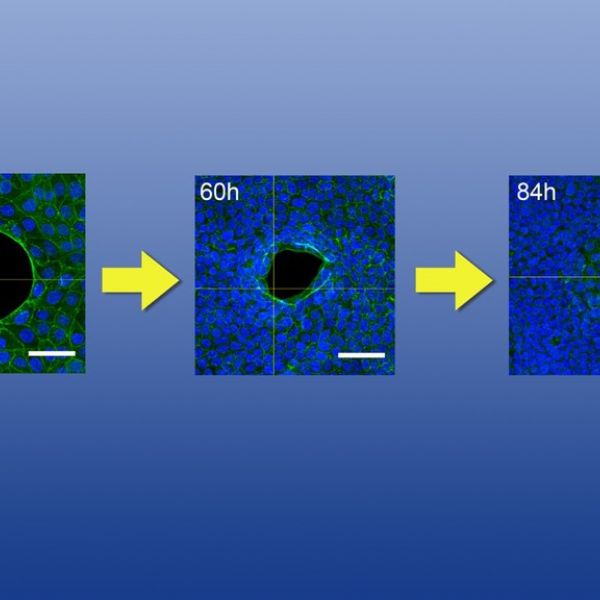
Jun 11, 2021
New tissue-closure model may aid in promotion of faster wound healing
The observation of a previously undetected biological mechanism for closing gaps in living tissue improves basic understanding of the wound-healing process and may one day inform strategies to speed healing after surgery.
Full Article
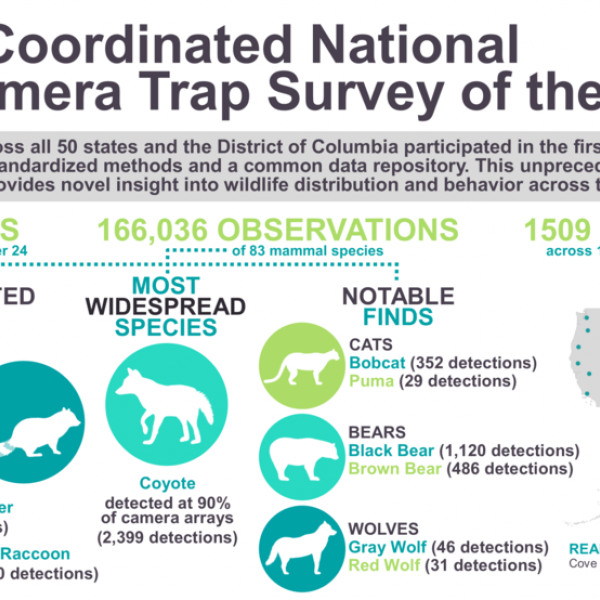
Jun 10, 2021
Snapshot USA: First-ever nationwide mammal survey now published
The results of the first national mammal survey, now publicly available online, provide the framework to answer a variety of questions about wild animal populations and conservation strategies for threatened species. The survey, which involved researchers from across the country including a biologist at Penn State, is made up of data from 1,509 motion-activated camera traps from 110 sites located across all 50 states.
Full Article
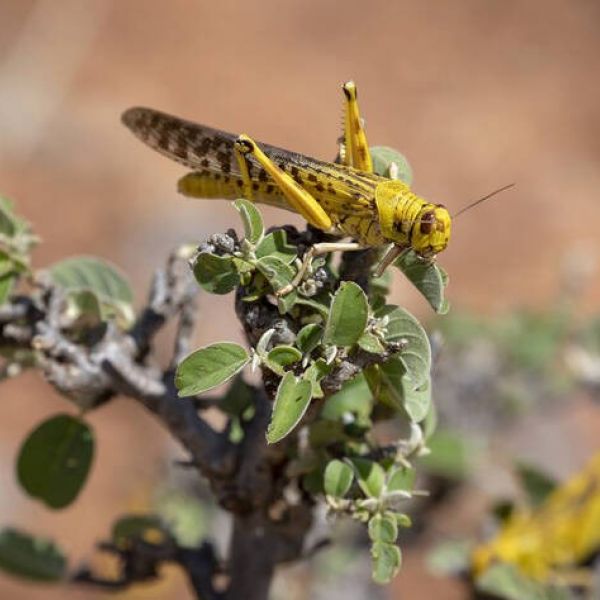
Jun 05, 2021
PlantVillage team lauded for projects to protect food supply amid COVID, locusts
Penn State researchers responsible for PlantVillage, a mobile app that helps farmers diagnose crop diseases and monitor pests, have been lauded for their work to help African farmers overcome challenges related to desert locusts and COVID-19.
Full Article